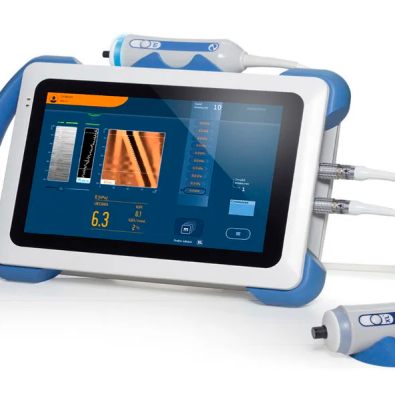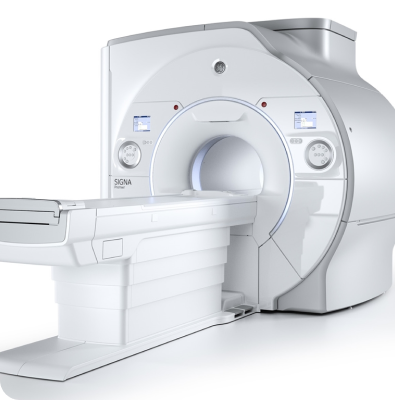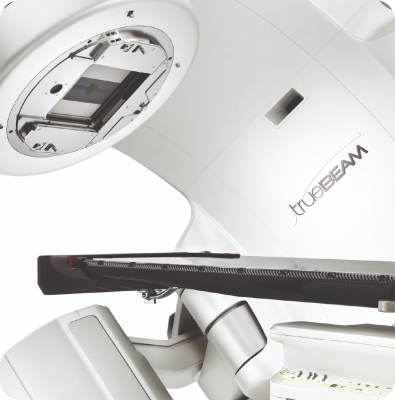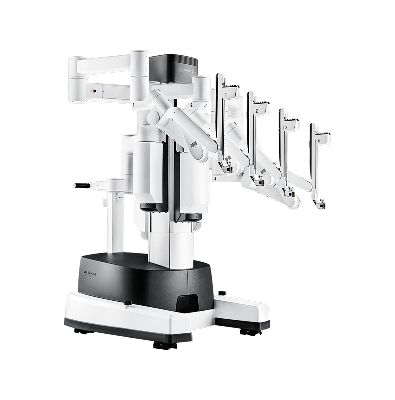Infectious diseases are illnesses that occur when a pathogenic microorganism enters and settles in the body. As the definition suggests, all febrile and contagious diseases caused by bacteria and viruses fall within the scope of "Infectious Diseases and Clinical Microbiology."
Despite rapid advances in medical technology worldwide, infectious diseases remain among the most common and potentially fatal groups of illnesses. Specialists in Infectious Diseases and Clinical Microbiology act as the bridge between microbiology laboratory results and clinical diagnosis, ensuring that patients receive the most accurate and effective treatment.
Hospital Infections: The Department of Infectious Diseases and Clinical Microbiology is responsible for monitoring, controlling, and minimizing hospital-acquired infections. The unit also provides training for patients, their relatives, and hospital staff on infection prevention. A key focus of infection control is the conscious, appropriate, and effective use of antibiotics. Occupational Health: The department educates hospital personnel about standard precautions and provides vaccinations to protect against infectious diseases.
Outpatient Services: The department provides early diagnosis and treatment of infectious diseases. It also administers vaccinations for preventable infectious diseases such as hepatitis A and B, measles, rubella, mumps, influenza, tetanus, and pneumonia. In addition, the department offers education for patients and families about infection prevention and ensures that notifiable diseases are reported. Travel health consultations, vaccination advice, and preventive care for infectious diseases are also available.
Clinical Services: The scope of infectious diseases includes a wide range of conditions—from influenza to meningitis, urinary tract infections to hepatitis, diarrheal illnesses, food poisoning, and parasitic diseases. The department also evaluates and differentiates non-infectious causes of high fever and directs patients to the appropriate medical departments for further care when necessary.
Main Areas of Focus
1. Gastrointestinal System Infections
2. Upper and Lower Respiratory Tract Infections
3. Skin and Soft Tissue Infections
4. Urinary Tract Infections
5. Musculoskeletal System Infections
6. Central Nervous System Infections
7. Hematopoietic and Lymphoreticular System Infections
8. Cardiovascular System Infections
9. Exanthematous (Rash-related) Infections
10. Sexually Transmitted Infections
11. Hospital-Acquired Infections
12. Acquired Immunodeficiency Syndrome (HIV/AIDS)
13. Antibiotics and Rational Antibiotic Use
14. Fever and Fever of Unknown Origin
15. Immunization and Vaccination
16. Travel Medicine







